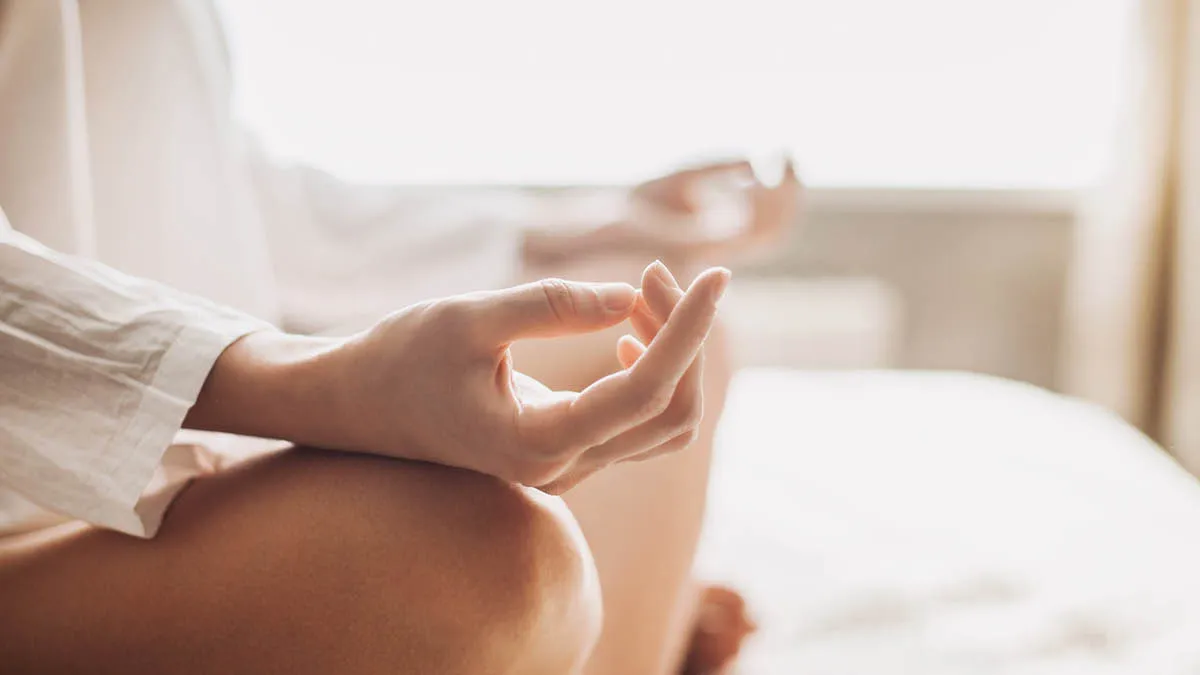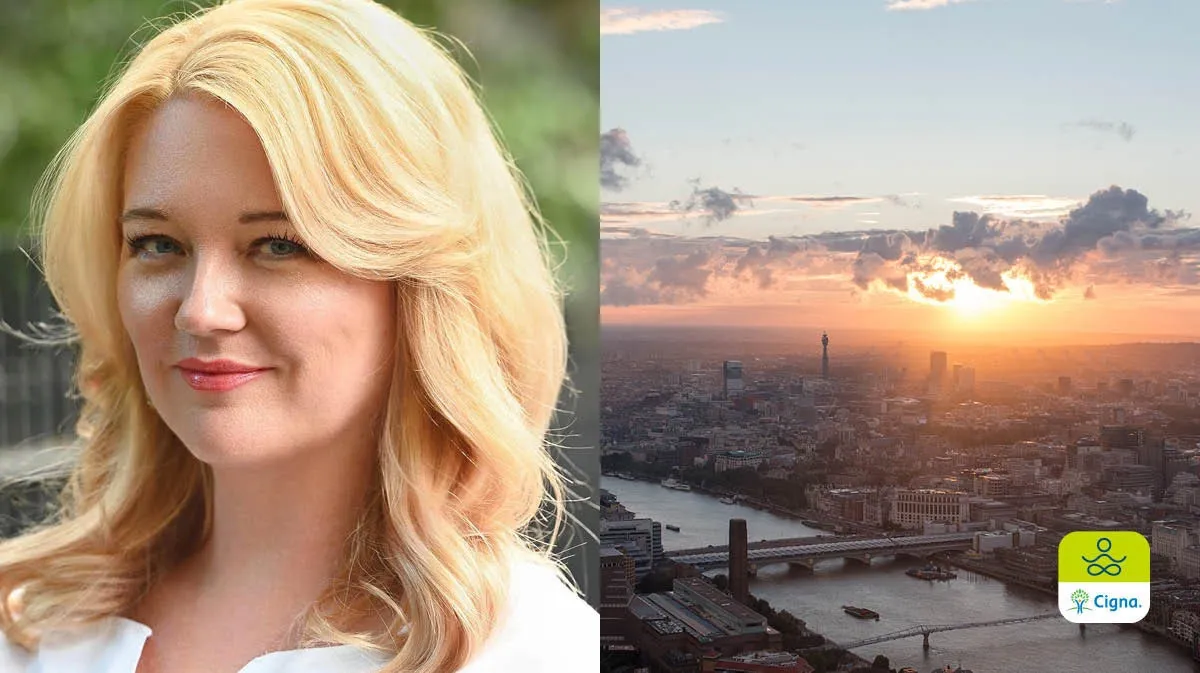- For Providers
- For Brokers
Individuals & Families
- Global Individual Health
- Spanish Domestic Individuals
Employers
- SME Employer Health
- Large Corporation Health
- Spanish Domestic Employers
IGO/NGO
- IGO/NGO Health
Individuals & Families
Top Destinations We Cover
Expat Health Insurance
- Inside Expat Health Hub
- Retiree guide to International health Insurance
- A guide to International health Insurance for working abroad
- Expat Health Insurance Explained
- Student guide to International health Insurance
- Moving abroad while pregnant
Choosing Health Insurance
- Travel Insurance vs International Health Insurance
- Choosing Health Insurance
Country Guides
- Country Guides
FAQ
- Frequently Asked Questions
Employers
Global Health Benefits Europe
- Employers Health Plans
- Cigna Inspire Plan
2 - 149 Employees
- International Health Plans
Large Corporates
- Corporate Health Plans
Global Health Benefits North America
- Employers
- OCONUS
- Students and Faculty
- Government
Clinical
Member resources
- Useful Documents & Information
- U.S Prescription Drug List
Client
- Employer Log In
IGO/NGO & Government
Government Officials
- Government Officials
Client
- Employer Log In
Topics
Individuals & Families
-
Types of Cover
-
Where We Cover
-
Resources
- Inside Expat Health Hub
- Retiree guide to International health Insurance
- A guide to International health Insurance for working abroad
- Expat Health Insurance Explained
- Student guide to International health Insurance
- Moving abroad while pregnant
- Travel Insurance vs International Health Insurance
- Choosing Health Insurance
- Country Guides
- Frequently Asked Questions
-
For Members
Employers
-
Our Plans
-
Clinical
-
For Members
IGO/NGO & Government
Health Blog
For Brokers
How I… learned to manage my stress
How I… learned to manage my stress
An American-born expat business owner shares how she’s managed to balance her working life and even find time to write a book.
Connecticut-born author and event designer Jess Indeedy, 44, shares how she has learnt to navigate the stress of running her own London-based company and how it’s led to her latest creation – an exciting, fun and life-changing book…
When I look back, I think I was on the verge of burnout. It was 2016 and my company had just had the biggest turnover to date. I design light-hearted, inclusive global events for the public and for corporations. But that year, the numbers basically spoke to me – all that effort, all the blood sweat and tears - was not being rewarded in the way that I wanted it to be. I was working hard, doing long hours at my laptop to produce the events and then performing at them. I realised I was sacrificing a lot for my career; my self-care, my sleep, I often allowed anxiety to creep in. Event planning is one of the most stressful industries you can work in. I was running off the adrenaline but I realised I was living life with constant low-level discomfort and stress. It was then I decided to take a six-month sabbatical.
I learnt to declutter. When I started my business, I was like ‘oh, sleep isn't important’ and I adopted the ‘work hard, play hard’ mentality. I had worked for major corporations and start-ups in Connecticut and New York before moving to London where the office culture was long hours and putting your personal life at the bottom of your priority list. I automatically went into that overworking mode when I set up my company because I associated it with success. I was so wrong. During my sabbatical I learned that I didn't have to respond to emails straight away, that I didn't have to do all the work that I was doing. I decluttered about 50 percent of tasks that weren't actually benefiting my business but were causing me stress. Those six months changed so many of my behaviours around self-care. Your career is important, but your peacefulness and management of stress and availability to spend time with your loved ones is way more important. There was a surprising side-effect of getting off my stressy hamster wheel and putting my mental health, physical health, and my loved ones first – my profits more than doubled.
Stress is a fact of life. It’s part of our human experience. Once I accepted that stress is going to be around, I took steps to manage how I react to it when it shows itself. There are some things that stress people out universally – a heavy workload, sitting in traffic, health issues – but everyone will experience their own unique ones that create their own flavour of stress. For me, I hate being late; it makes me sweaty, it gives me heart palpitations, I get anxious. So making sure I'm organised enough to leave early, this helps alleviate any stress around my schedule.

I have certain non-negotiables like my morning routine. I used to wake up, hit the coffee and head straight to my emails. Now, I wake up and I drink a pint of water. I meditate for at least 20 minutes every day without fail. It's like brushing my teeth – if I don't meditate, it doesn't feel right, I'm frazzled and scattered. And then I journal. I do a brain dump of how I'm feeling, what's in store for me that day, what happened the day before, my goals. I feel like everyone should journal because it's like a free mini therapy session. I’ll have a protein smoothie to set me up for the day. And then I exercise. There's no replacement for exercise. If you're experiencing stress and you don't exercise, it's a losing battle.
Managing stress is about organisation and automation. It’s about taking away some of the decision-making aspects of your day. I get such decision fatigue when I'm trying to think of what I'm going to eat, so I’ll have the same breakfast every day because who wants to think about that every morning?! If you hate grocery shopping, plan your meals and order your groceries online. It’s about removing those potential stressors from your day.
Be creative with how you spend your time. Thinking about your overall life goals and how you really want to live your life can help reduce stress. Too often we're not doing the things that really light us up and make us happy. I time-block my day by starting with my non-negotiables; I know that my morning routine is going to take an hour and a half, and that no matter what the day throws at me, I’m starting my day with a foundation that makes me feel centred and grounded.
I’ve even had the headspace to write a book. The old Jess was way too busy; performing frequently and travelling a lot, and basically bogged down with all the tasks that I thought I had to do. Learning to manage that has given me the breathing space to think creatively and write my book, List Yourself Happy. It's about using the art of organisation and planning for improved happiness through 100 list-making exercises. The book helps you extract your thoughts and values of how you want to live your life and get them down on paper, and then guides you to set easily achievable tasks, encouraging you to take action on the things that really make you happy, reduce stress or improve your health and sense of well-being. List making and journaling has helped me tremendously in managing my stress, so I hope sharing my methods will help people discover that, too.
Related articles
@Cigna 2025
This article serves only as a reference and is intended for informational purposes only. Nothing in this article constitutes legal, tax, financial planning, health or medical advice including diagnosis or treatment. Any reference to products or services offered by Cigna are available except where prohibited by applicable law and subject to terms and conditions. Cigna have no involvement in, nor are we liable for, any decisions and/or outcomes that are made or determined by FocusPoint International.
Contact Us
Whether you wish to speak to our sales team or get general help if you are already a Cigna Healthcare® member, we’ll get you to the right information.
Contact InformationPopular Links
Resources
© Cigna Healthcare. All rights reserved.
*Please note, this is a representation of the benefits available and does not contain the terms, conditions, and exclusions specific to each benefit. The benefits may be subject to change. Some benefits may be part of an optional module. Please see the Customer Guide for full details.
This website is provided by Cigna European Services (UK) Limited, a company incorporated in England and Wales having its registered address at 13th Floor, 5 Aldermanbury Square, London EC2V 7HR and registered number 00199739. The Cigna Healthcare name, logo and other Cigna Healthcare marks are owned by Cigna Intellectual Property, Inc., licensed for use by The Cigna Group and its operating subsidiaries.
Our Policies are underwritten by Cigna Global Insurance Company Limited, a private limited company under Guernsey Law, with registered address office at PO Box 155, Mill Court, La Charroterie, St Peter Port, Guernsey, GY1 4ET, and company number 41925. Cigna Global Insurance Company Limited is authorised and regulated by the Guernsey Financial Services Commission for the conduct of insurance business in Guernsey.
This communication is being issued and/or distributed by Cigna Insurance Management Services (DIFC) Limited which is regulated by the Dubai Financial Services Authority.
Selecting these links will take you away from Cignaglobal.com. Cigna Healthcare does not control the linked sites' content or links.

